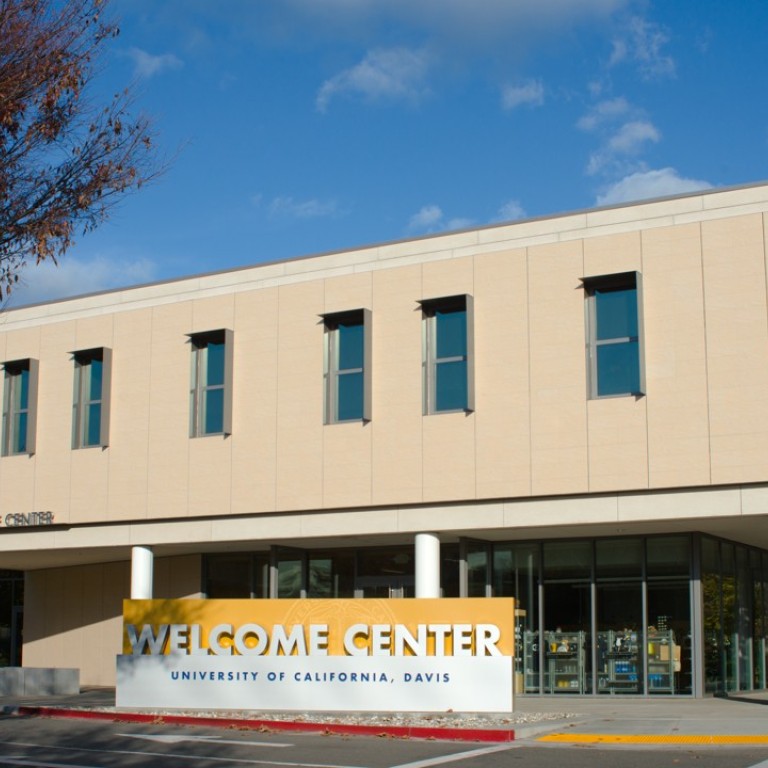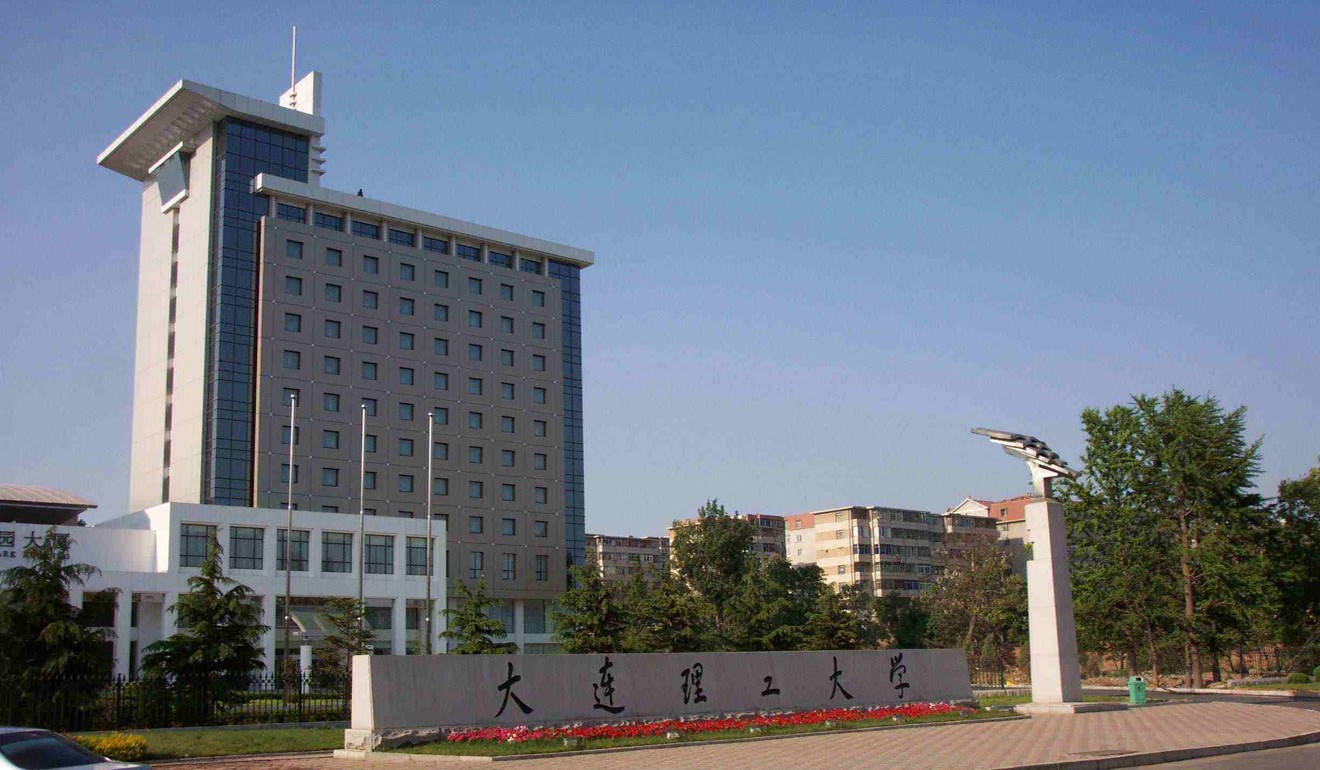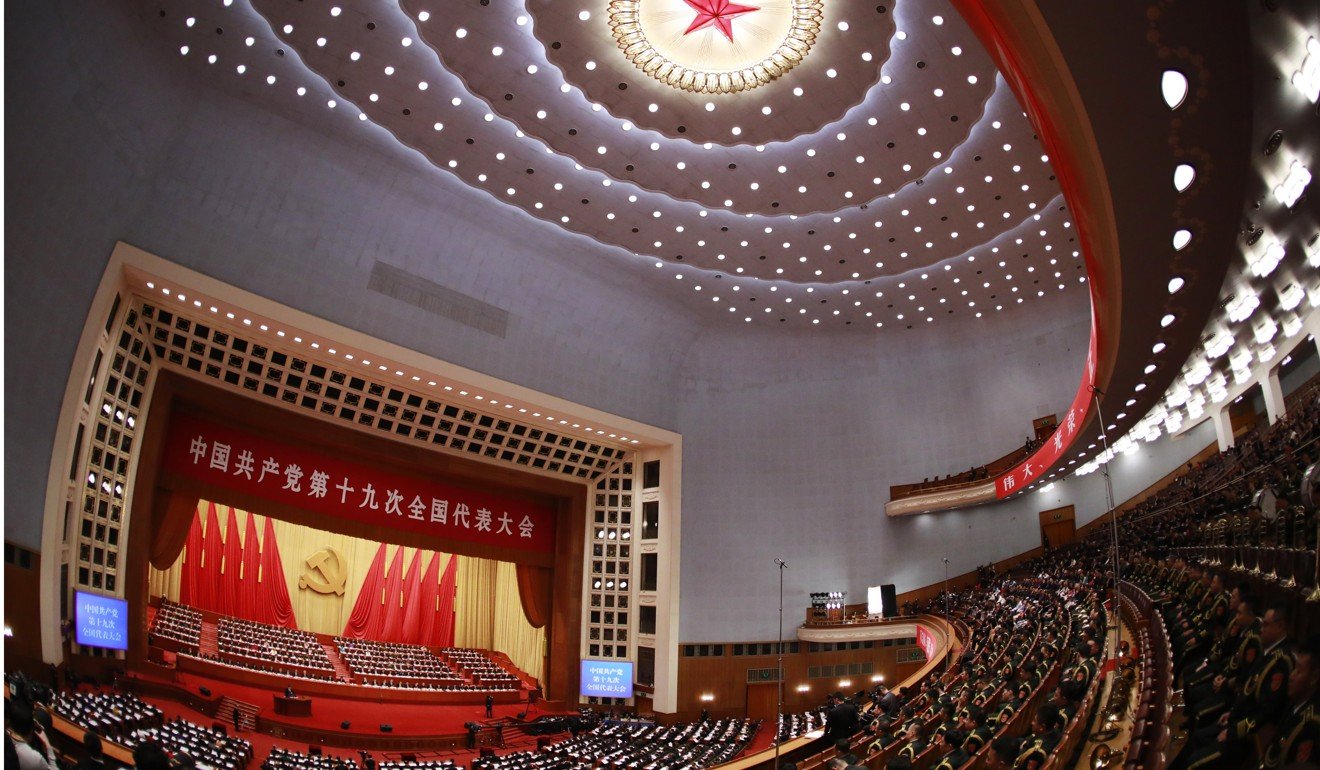
Why a Chinese Communist Party branch at the University of California, Davis, was disbanded
Chinese scholars shut down branch at university after realising they had founded it illegally
A group of visiting Chinese scholars in the United States have dissolved a Chinese Communist Party cell they set up at the University of California, Davis, citing fears about violating US laws.
The scholars – six party members and one probationary member – raised eyebrows over the weekend after they were reported to have founded a party branch at the university earlier this month.
Mu Xingsen, secretary of the party branch, confirmed its establishment when contacted by the South China Morning Post on Sunday but said it had already been dissolved.
“It is because we have later learned that this [establishing a party branch] does not comply with the local laws,” Mu said. “Of course we should respect the local laws when we’re here.”
The US Foreign Agents Registration Act (FARA) requires all individuals and groups acting under the direction or control of a foreign government or political party to register with the Department of Justice in advance and regularly report their activities.

The development at UC Davis comes as Beijing has made a more aggressive push for global “soft power” in recent years, ranging from promoting culture to exerting wider political influence abroad.
Its growing influence on Chinese students in Australian universities has sparked concerns and criticism, with the head of the country’s Department of Foreign Affairs and Trade – former Australian ambassador to China Frances Adamson – warning universities in October to “remain secure and resilient” against Chinese authorities’ “untoward influence and interference”.
The setting up of the party cell at UC Davis first came to light when Mu’s home university in China, Dalian University of Technology, published a report praising its founding on its website a week ago.
The report, since removed from the website, said the branch was set up on November 4 to equip members with the party’s latest theories, affirm their communist beliefs and help them guard against the “corrosion” of Western ideas.
“The party branch will keep drawing new members to join and organise group studying sessions to learn about the latest thoughts and spirits in China, and to jointly resist the corrosion of various negative thoughts abroad,” it said.

The branch, which planned to meet every two weeks, had tasked its members with promoting the organisation to their colleagues or neighbours who were coming to the US, it said, and to absorb party members into the organisation.
During their first meeting, members studied the “new thoughts and spirits” that emerged at the party’s national congress last month, as well as other topics.
The report said the party branch had received “care and guidance” from the party committee of Dalian University of Technology’s school of energy and power engineering, where Mu was a faculty member.
The party’s charter demands the establishment of grass-roots cells – including in schools and companies – if there are at least three party members in an organisation, but it does not specify whether the rule should be applied outside China.
Feng Chongyi, a professor at the University of Technology Sydney, said it was common in the 1980s for overseas Chinese students to set up party branches, including in Western countries.
“I was in Britain in 1988 and we were allowed to openly set up a party branch at our university. At that time, we did not check the local laws, or maybe they just simply ignored it,” he said.
Feng said his party branch at the University of Leeds had 10 members, while the general party branch in Manchester had 51.
Feng said there were some financial subsidies from Beijing but these overseas branches ended abruptly in the wake of the 1989 bloody crackdown on the Tiananmen Square pro-democracy movement.
In a People’s Liberation Army Daily report in 2013, the Chinese military’s mouthpiece said trainees from the PLA National University of Defence Technology had set up eight party branches abroad, including ones in Europe and Southeast Asia.
The annual report of the US China Economic and Security Review Commission to the US Congress said last week that the staff of Chinese state media outlets in the US should be required to register as foreign agents under FARA because their employers were involved in spying and propaganda.
A Chinese foreign ministry spokesman dismissed the US commission’s report as “sheer fiction”.


